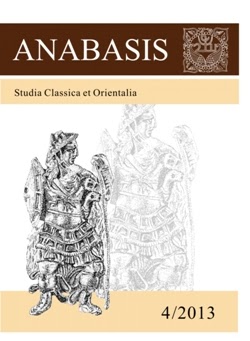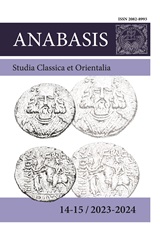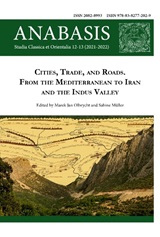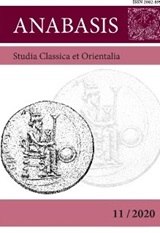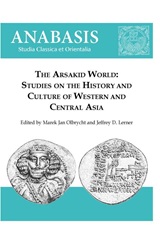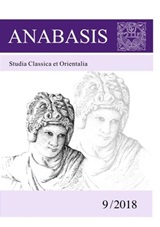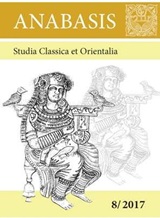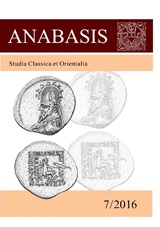Hellenistic World and the Silk Road
Keywords:
Alexander the Great, Zhang Qian, Silk Road, Greeks, Hellenistic civilizationAbstract
The conquests of Alexander and the formation of the Hellenistic world stimulated and accelerated cultural and economic exchanges among the ancient civilizations of Central Asia, India, the eastern Mediterranean, and Europe. Before Zhang Qian’s exploration of the West in the late second century B.C., three trade routes connecting Asia, Africa, and Europe had already come into existence. Hellenistic culture had been widely received in areas formerly under Macedonian-Greek rule and had even, to some extent, converged with eastern cultures. Centered on the Oxus River, the Greeks of Bactria expanded their sphere of influence into India in the south and to the Seres and Phryni in the east. Perhaps they had even reached the Tarim Basin by crossing the Pamirs. All these developments created the basis for the development of the Silk Road and thus for trade and commerce and cultural exchanges East and West. In this regard, the eastward conquests of Alexander and the westward explorations of Zhang Qian played equally important roles in the opening of the Silk Road.
Downloads
Published
How to Cite
Issue
Section
License
Copyright (c) 2013 Anabasis. Studia Classica et Orientalia

This work is licensed under a Creative Commons Attribution-NonCommercial-NoDerivatives 4.0 International License.

